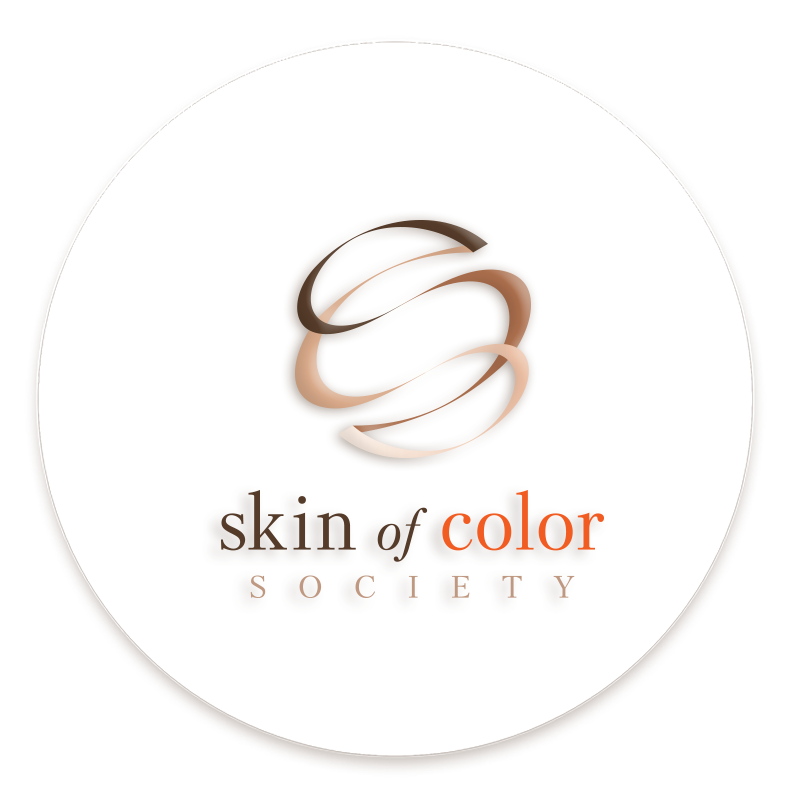Rosacea
What is rosacea?
Rosacea is a common skin problem that makes your face look red, flushed, and/or bumpy. Signs that you might have rosacea include redness of the face (erythema), visible blood vessels (telangiectasias), skin-colored bumps (papules), pus bumps or pimples (pustules), an irregularly enlarged nose/chin/forehead with prominent pores, or red irritated eyes. Patients with skin of color may not have these signs. Some clues to the diagnosis in individuals with skin of color include a warm or tight feeling on the face, red or purple discoloration of the face, acne-like breakouts that won’t go away with treatment, itching, burning or stinging when applying products on the face, or itchy irritated eyes. These symptoms may get worse with activities such as alcohol, sunlight, wind, heat, spicy foods, hot beverages, stress, or exercise.
What causes rosacea?
The cause of rosacea is unknown, but it could be due to a combination of hereditary and environmental factors. Some of these factors include: hot drinks and spicy foods, alcohol, extremes in temperature, sunlight or wind, emotions, exercise, certain medications or drugs, and cosmetic products. These factors can trigger or aggravate rosacea by increasing blood flow to the surface of your skin.
How can rosacea be treated?
A few ways to treat rosacea include:
- Creams or gels: These are put on the skin and can help make the redness and swelling go down. Some examples are metronidazole, azelaic acid, and ivermectin.
- Pills: If rosacea is really bad, doctors might give pills like antibiotics or isotretinoin to help.
- Special lasers: These treatments can make redness and blood vessels less visible. But for darker skin, doctors need to be careful because it could change the color of the skin.
- Taking care of your skin: Being gentle with your skin by using a mild soap, putting on a moisturizer everyday, and using sunscreen can help manage rosacea.
- Avoid thighs that make it worse: Stay away from stuff that triggers rosacea like hot drinks, spicy food, alcohol, stress, and extreme weather.






